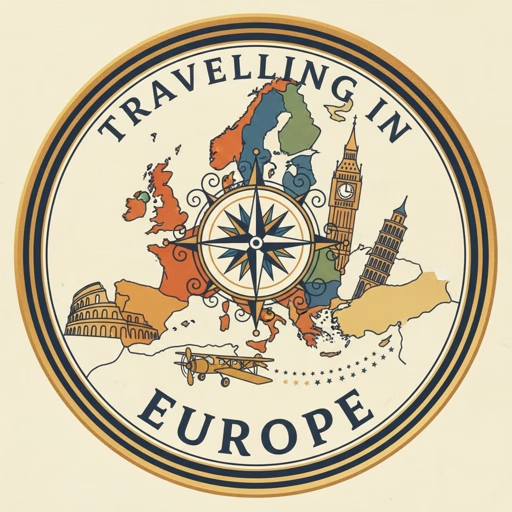After a long day of heroic sightseeing—dodging selfie sticks, deciphering train schedules, and pretending to understand local menus—it’s only natural to want to collapse onto your hotel bed and indulge in the ancient ritual of watching TV. You know, the old-fashioned way: remote in hand, socks off, dignity optional.
Most European hotels do offer TVs, though the quality ranges from “barely better than a toaster” to “surprisingly decent.” Budget places might give you five channels and a blurry weather forecast. Fancier hotels? You might score a few international options and even pay-per-view, if you’re feeling flush and nostalgic for 2003.
But here’s the catch: unless you’re in the UK or Ireland, your relaxing TV session might turn into a linguistic fever dream. Because in many European countries, TV shows and movies are dubbed. That means the original audio is replaced by local voice actors who bravely attempt to match lip movements while giving Clint Eastwood a voice that sounds suspiciously like your Italian uncle Giuseppe.
Yes, dubbing. It’s the art of taking a perfectly good Hollywood blockbuster and turning it into a surreal puppet show where Bruce Willis says “Yippee-ki-yay” in flawless German. I still remember my first encounter with this phenomenon: Genoa, 1999. I was flipping through channels and landed on a Clint Eastwood classic. I leaned in, ready for some gritty cowboy justice—and then Clint opened his mouth and out came… Italian. I nearly dropped my complimentary biscotti.
Now, not all of Europe is into this audio makeover madness. Some countries prefer subtitles, which means you get the original audio (hallelujah!) with local-language text at the bottom. It might feel like a reading assignment at first, but you’ll adjust quickly—and hey, it’s great for learning how to say “explosion” in Dutch.
Here’s a rough breakdown of the dubbing vs. subtitling battleground:
| Dubbing Nations | Subtitling Nations |
|---|---|
| Germany | Finland |
| France | Sweden |
| Italy | Norway |
| Spain | Denmark |
| Austria | Netherlands |
| Poland | Estonia |
| Hungary | Lithuania |
So if you’re travelling through Germany and wondering why everyone sounds like they’re in a soap opera—even in Die Hard—now you know. And if you’re in Finland, prepare to read your way through Friends while still hearing Chandler’s sarcasm in its original glory.
Pro tip: CNN, BBC World, and other international news channels are often available in English, so you can still catch up on global chaos while sipping overpriced minibar wine.
In conclusion: watching TV in Europe is less about entertainment and more about cultural immersion. It’s confusing, hilarious, and occasionally horrifying—but hey, isn’t that what travel’s all about?
